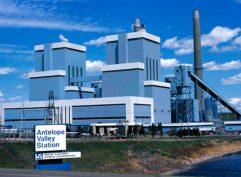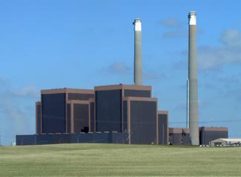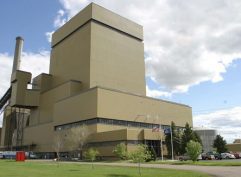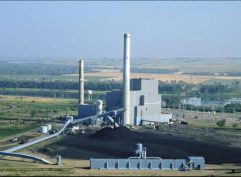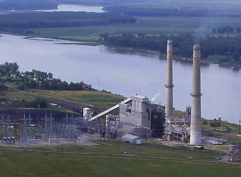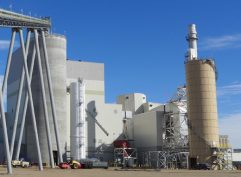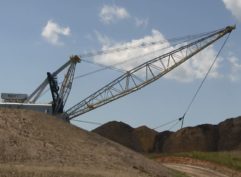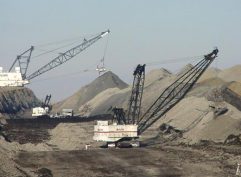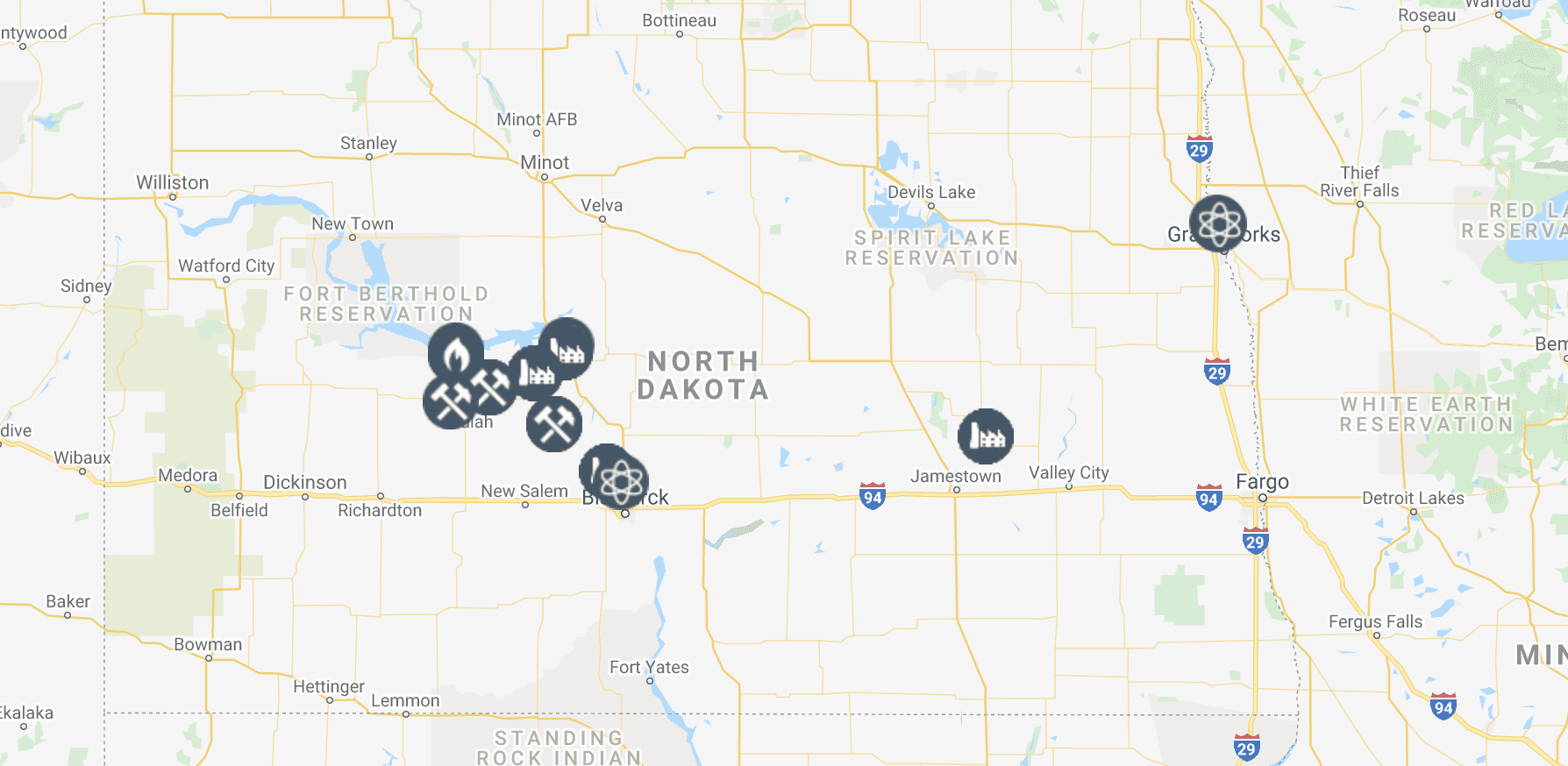What are ESGs?
What are ESGs?
ESG criteria are investment principles that are used by many large financial institutions as guidance in their investment decisions. Each institution has an arbitrary plan in place on how they will govern their investment portfolio. Banks and insurance companies are increasingly applying these non-financial factors as part of their analysis process to identify what are not actual, but perceived risks in financial markets and insurance policies.
As a result of a lack of understanding in the standards, practices and benefits the fossil fuel industry provides, there are currently trillions of dollars in investment capital that are now out of reach for important investments in oil, gas and coal. ESG criteria are leading financial organizations to discriminate against the fossil fuel industry which could cost North Dakota thousands of jobs and hundreds of millions in capital investment. This has the potential to reduce millions in tax revenues. Over half of the state revenues are derived from fossil fuels, that are used to fund schools, provide social services and most government programs across North Dakota. The use of ESG criteria has hurt the lignite industry by reducing access to capital markets for carbon capture projects and has drastically increased insurance premiums by millions of dollars over the past few years without major claims on their policies. The ESG threat to North Dakota’s economy and state budget has been a significant discussion in the Empower ND meetings over the past year.


